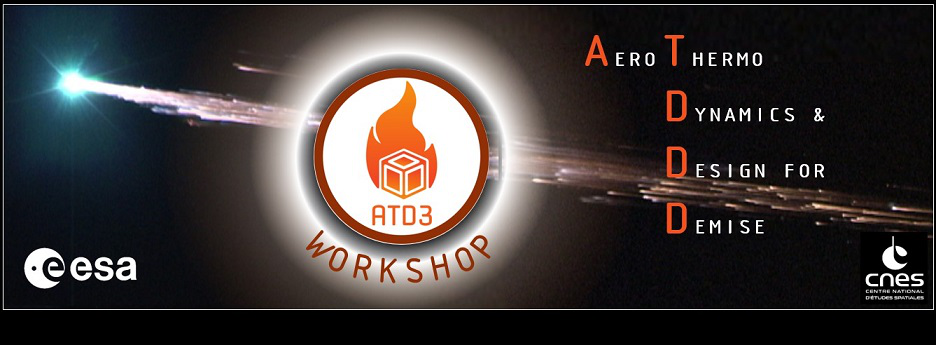Speaker
Description
During atmospheric entry, capsules and space debris are exposed to a flow environment with complex fluid thermochemistry and gas-surface interactions (GSI) that may lead to mass loss and shape change. A promising approach for the numerical simulation of such challenging flows is the use of immersed boundary (IB) and adaptive mesh refinement (AMR) techniques, which offer reliable and efficient mesh generation and adaptation for moving shocks and recessing surfaces. For applications involving incremental geometry updates, such as objects reentering for demise, Cartesian grid based IB approaches substantially alleviate the strenuous task of generating adapted computational grids. Our project considers recent developments of such an IB-AMR solver based on a fully conservative cut-cell IB method able to incorporate GSI. A description of the methodology will be presented as well as updated verification and validation studies concerning the accurate modeling of thermochemical nonequilibrium, surface catalysis, and surface ablation. These results exhibit successful predictions in line with hypersonic simulations in literature concerning compression ramp and cylinder configurations, as well as with plasma wind tunnel experiments for a graphite ablator. Future direction for the development and unique potentials of the framework will also be discussed.

